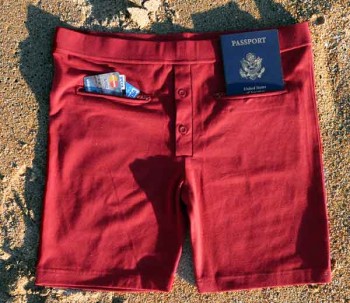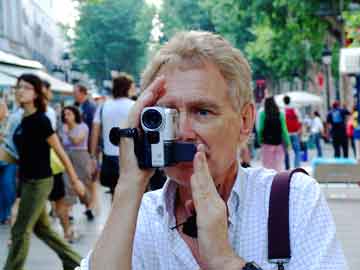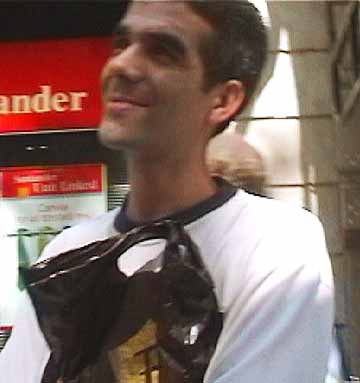
Bob and I contend that the crimes of street thieves, so often dubbed “petty,” are not that at all. First, tally the sheer number of them, particularly in favorite tourist cities: hundreds of incidents per day are reported to police. How many go unreported? Our research indicates that numbers are two or three times greater. Secondly, consider the personal and practical impact on victims. The monetary loss, the complications of replacing documents, the fear of further repercussions such as replication of identity, all these add up to an experience that isn’t soon forgotten. Add to that the indirect costs and hours required by law enforcement, not to mention diverting officers from more serious work, plus costs involved in prosecuting and jailing these so-called petty thieves.
The travel industry’s dirty little secret
Pickpockets and property theft are the travel industry’s dirty little secret. Understandably, no one wants to talk about them. Not the travel magazines with advertisers to placate, not the boards of tourism with countries to promote, not travel agencies or packagers with clients to enthuse, or cruise lines with a carefree ambiance to emphasize. And why should they? It’s just a petty crime.
Who is to reveal the status quo but a stage-stealing Swede and his fancy accessory?
Because it represents our passion, as well as an integral part of our career, we’ll continue to skulk underground and pound the pavement. Sometimes though, on sweltering trains so crowded I’m pressed like a daisy in a dictionary, I’ll question our endeavors and the gritty reality of mingling with outlaws. Then we’ll catch a thief. We’ll capture a slick steal on tape, which will later be used to illustrate our presentations to the public and help train police departments. We’ll discover some new artifice, an old trick twisted to exploit the moment. And that will be our satisfaction.

As you’ll learn in our book, serious reductions in these crimes will not be due to law enforcement, no disrespect to them. It will be through travelers’ smarter stashing and raised awareness. Personal security is an art, not a science. Once you know the risks, you can adjust your awareness and the level of your security precautions. Thus prepared, you’ll turn your travel concerns into travel confidence.
Excerpt from Travel Advisory: How to Avoid Thefts, Cons, and Street Scams
Preface




